Le périnée est une partie essentielle du corps féminin, souvent méconnue mais d’une importance capitale pour la santé globale. Chez la femme, le périnée est davantage sollicité que celui de l’homme en raison de spécificités anatomiques, des grossesses et de la ménopause qui provoquent une altération des tissus et des muscles. Comprendre son rôle, en prendre soin et le réhabiliter si nécessaire est crucial pour la santé et le bien-être des femmes. Pour nous éclairer sur le sujet, nous avons posé nos questions à Irene Cabeza & Marine Coluni, physiothérapeute spécialistes de la santé pelvienne des femmes.
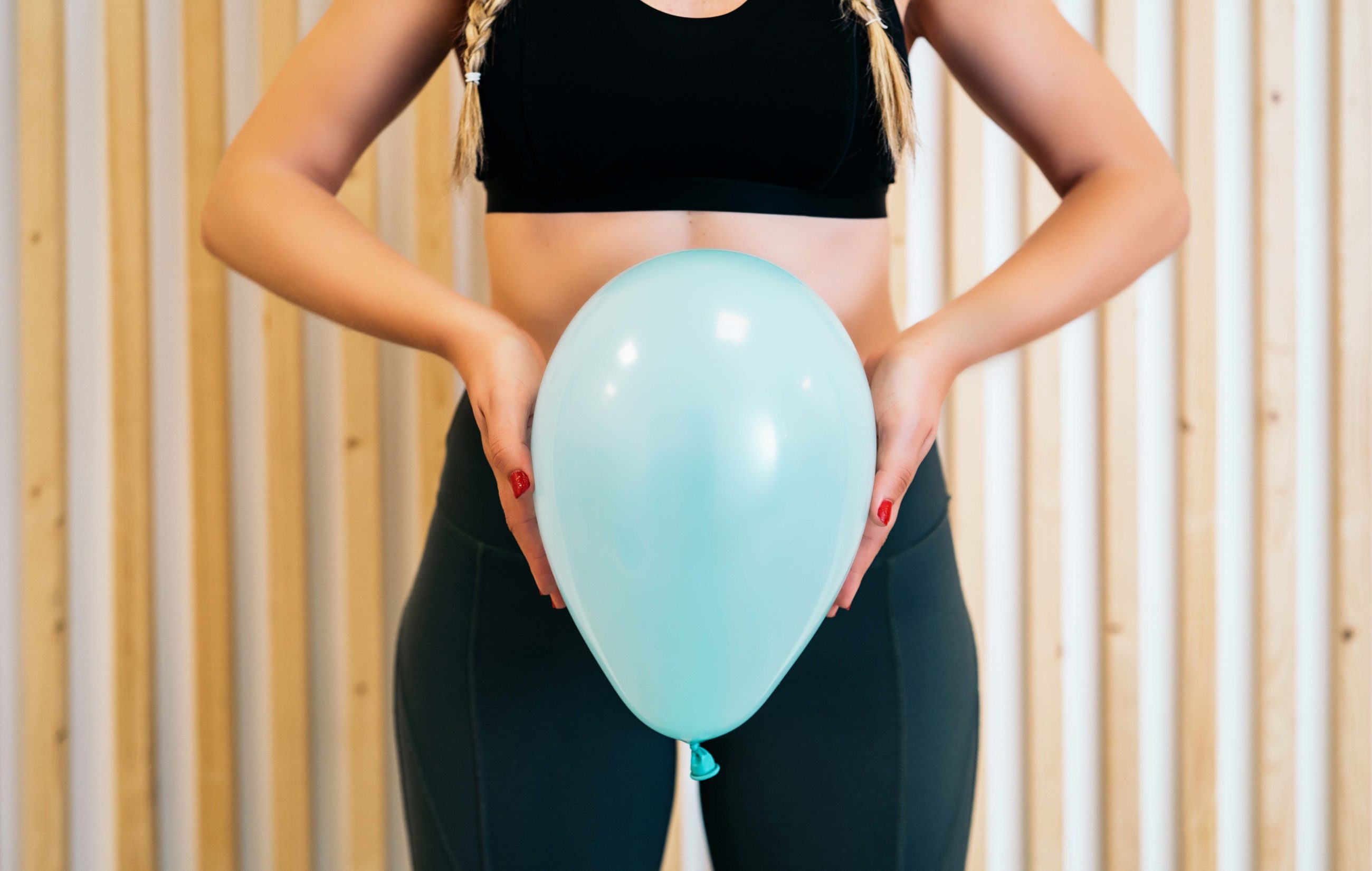
C’est quoi le périnée et quel est son importance ?
Le périnée est une zone clé située entre le pubis et le coccyx. Il est formé de muscles, de ligaments et de tissus qui soutiennent les organes pelviens. C’est une partie du corps qui est particulièrement sollicitée chez les femmes, notamment pendant la grossesse et avec l’arrivée de la ménopause.
Quelles sont ses fonctions ?
Le périnée est une structure musculaire essentielle qui a de multiples fonctions ! Avant tout, il soutient les organes pelviens, gardant la vessie, le rectum et l’utérus en place, mais ce n’est pas tout. Il régule aussi la capacité à uriner et à déféquer en permettant la rétention et la libération contrôlées. De plus, il est directement lié aux sensations sexuelles et à la satisfaction dans cette sphère intime.
Pendant la grossesse, le périnée montre sa capacité d’adaptation en supportant le poids supplémentaire du fœtus, et lors de l’accouchement, il s’étend pour faciliter la naissance. Enfin, il joue un rôle dans le maintien d’une bonne posture en collaborant avec les muscles abdominaux et du dos. En bref, le périnée est un élément fonctionnel majeur de notre anatomie qui mérite attention et soin.
Le périnée est un élément fonctionnel majeur de notre anatomie qui mérite attention et soin.
Comment une femme peut-elle savoir si son périnée est en bonne santé ?
Si vous rencontrez des fuites d’urine pendant le sport, quand vous portez votre enfant, ou lors de rires, d’éternuements ou de toux, il est peut-être temps de consulter un spécialiste. Il en va de même si vous avez du mal à contrôler votre envie d’aller aux toilettes ou si vous ressentez souvent une urgence soudaine, surtout déclenchée par le froid ou le son de l’eau. Une sensation de lourdeur dans le bas-ventre est aussi un indicateur qu’il faut prêter attention à votre périnée.
La douleur pendant les rapports sexuels, la miction ou la défécation, ainsi que dans la vie de tous les jours, ne devrait pas être négligée. Si vous avez des problèmes pour retenir des gaz ou des selles, ou si vous remarquez une diminution des sensations pendant les rapports ou des difficultés à atteindre l’orgasme, ces signes pourraient indiquer une faiblesse du périnée. Dans tous ces cas, un médecin, un urologue, un gynécologue ou un physiothérapeute pourra vous aider à trouver des solutions adaptées.
En parlant de professionnels, quels sont vos conseils pour maintenir un périnée en bonne santé ?
Commencez par développer une prise de conscience de votre plancher pelvien. Apprenez à sentir ces muscles, à les contracter et à les relâcher pour mieux comprendre leur fonctionnement. Lorsque vous soulevez des charges ou faites un effort, pensez à engager votre plancher pelvien ainsi que vos abdominaux pour les soutenir. Évitez la constipation en adoptant une alimentation riche en fibres, buvez suffisamment d’eau et bougez un peu tous les jours (marche, danse, fitness, natation…).
Enfin, soyez attentives à la manière dont vous allez aux toilettes. Adoptez une position qui respecte la physiologie naturelle, comme s’asseoir avec les genoux plus hauts que les hanches et sans forcer, en écoutant simplement les besoins naturels de votre corps. En suivant ces étapes, vous contribuez activement à la santé de votre périnée.
Prendre soin de votre périnée, c’est investir dans votre santé à long terme.
Il y a beaucoup d’idées reçues sur le périnée. Pourriez-vous en démystifier quelques-unes ?
- ll y a un âge limite pour la rééducation, après c’est trop tard : FAUX
- Avoir envie d’uriner sous la douche c’est normal : FAUX
- On a toutes des fuites lorsqu’on fait du sport, encore plus après accouchement : FAUX
- Si j’ai accouché en césarienne je n’ai pas besoin de rééducation : FAUX
- Je peux pousser sur mon ventre pour uriner ou évacuer les selles : FAUX
- L’incontinence urinaire est fréquente chez les femmes VRAI (1 femme sur 5)
- L’incontinence urinaire peut-être aggravée par certains médicaments : VRAI
- L’incontinence urinaire c’est normal avec le vieillissement : FAUX
- J’ai mal pendant les rapports, c’est normal surtout après l’accouchement : FAUX
Pour conclure, quel message souhaitez-vous transmettre à nos Mothers (-to be) ?
Le périnée, souvent sous-estimé, est en réalité un élément fondamental de votre anatomie, en particulier durant la maternité. En tant que (future) maman, prendre conscience de cette région et de ses fonctions peut faire une différence significative dans votre expérience de la grossesse, de l’accouchement et de la récupération post-partum. Prendre soin de votre périnée, c’est investir dans votre santé à long terme.
C’est en comprenant son rôle que vous pouvez anticiper et prévenir des problèmes courants tels que l’incontinence ou le prolapsus (descente d’organes), qui pourraient autrement affecter votre vie de manière considérable.
Et rappelez-vous, il n’est jamais trop tard pour commencer à prendre soin de cette zone cruciale. Si vous rencontrez des difficultés ou si vous avez des questions, l’assistance d’un professionnel de la santé est précieuse. Les spécialistes du périnée peuvent vous fournir des conseils personnalisés et des traitements adaptés pour assurer que cette partie vitale de votre corps reçoit les soins qu’elle mérite.
Pour plus d’informations sur le périnée, nous vous invitons à contacter directement Irene & Marine à leur cabinet à Genève My Pelvicare. Elles sauront vous conseiller, vous accompagner et vous donner les moyens de comprendre ce qui est normal et ce qui ne l’est pas en matière de santé pelvienne & périnéale.


Cabinet My Pelvicare
Rue de Cornavin 11 – 1201 Genève
+41 78 305 03 44
www.mypelvicare.com
info@mypelvicare.ch


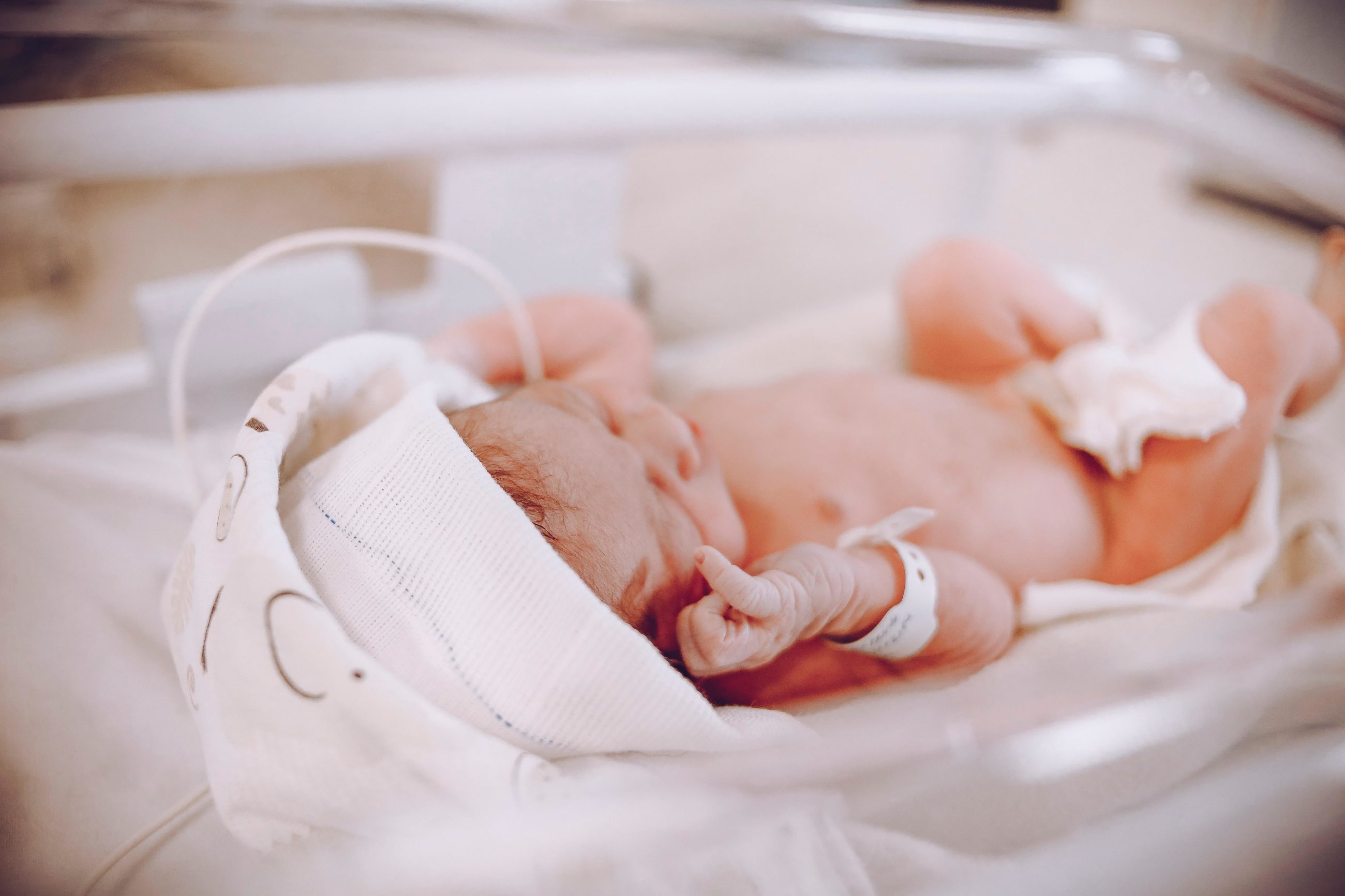

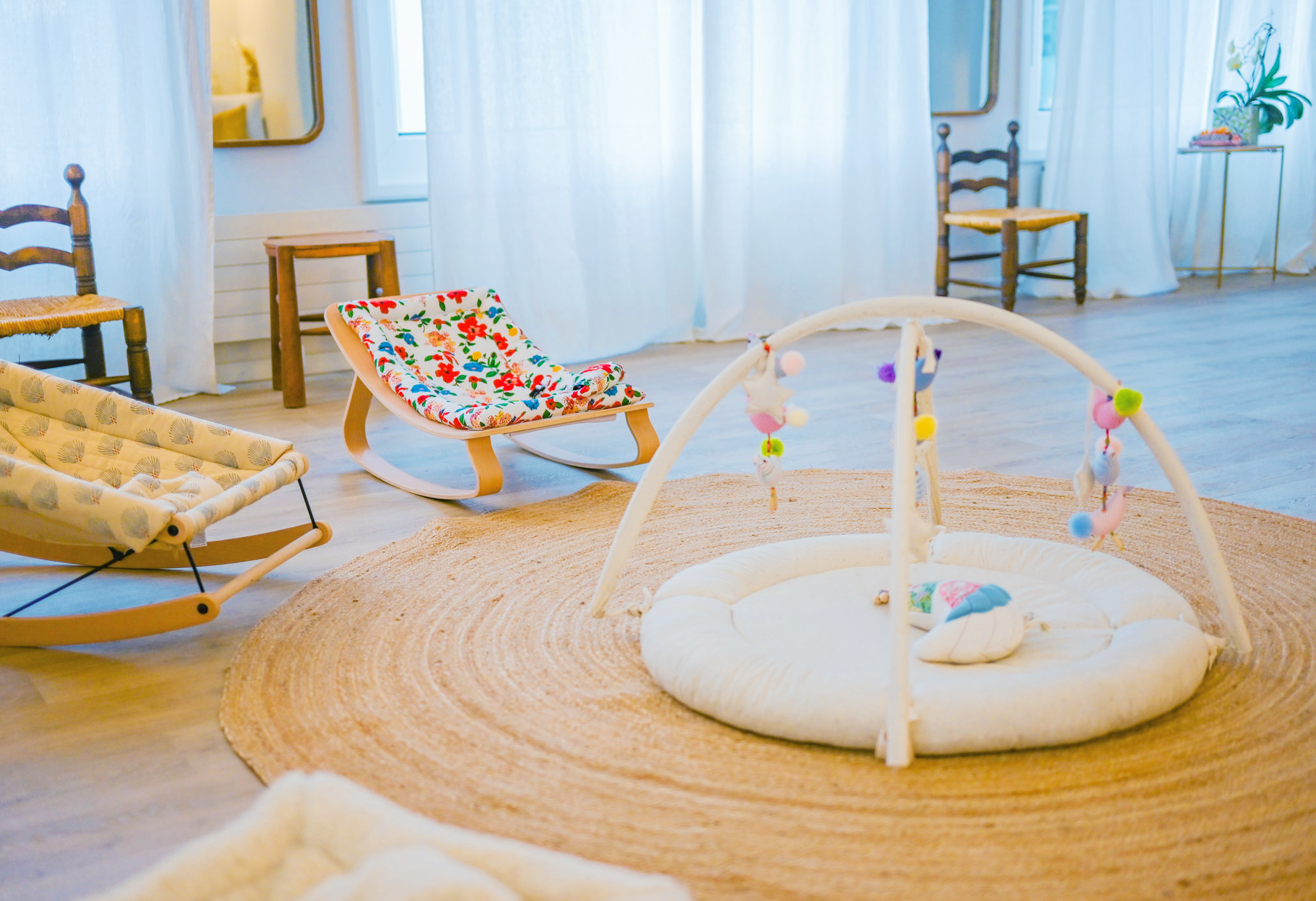


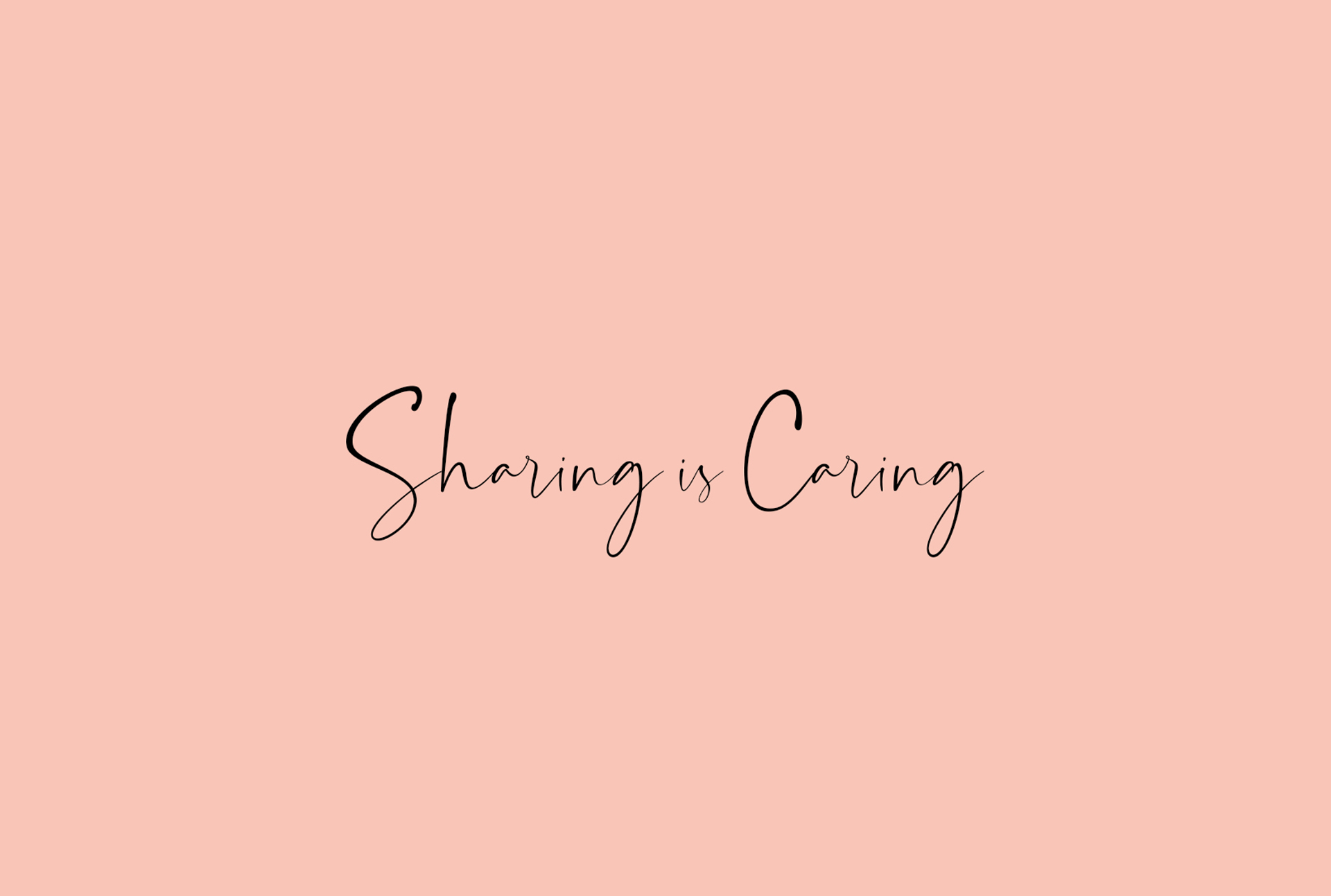
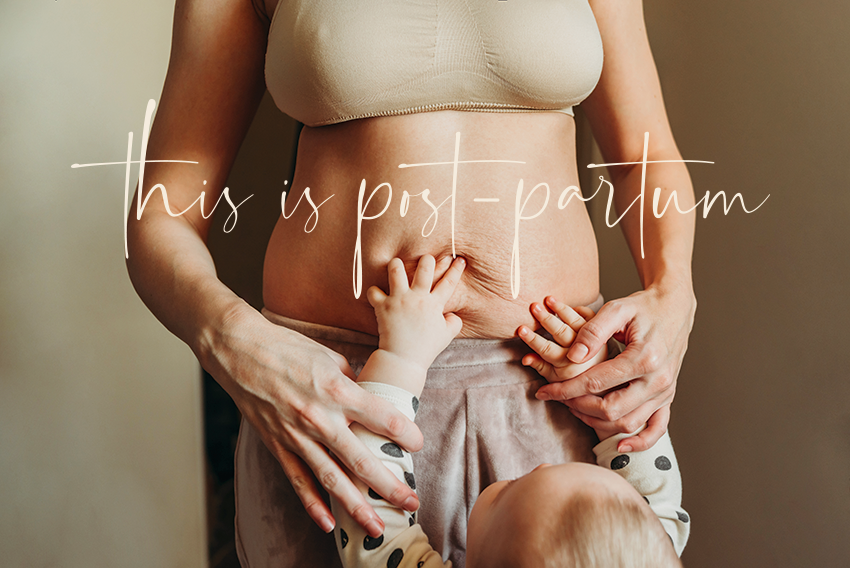

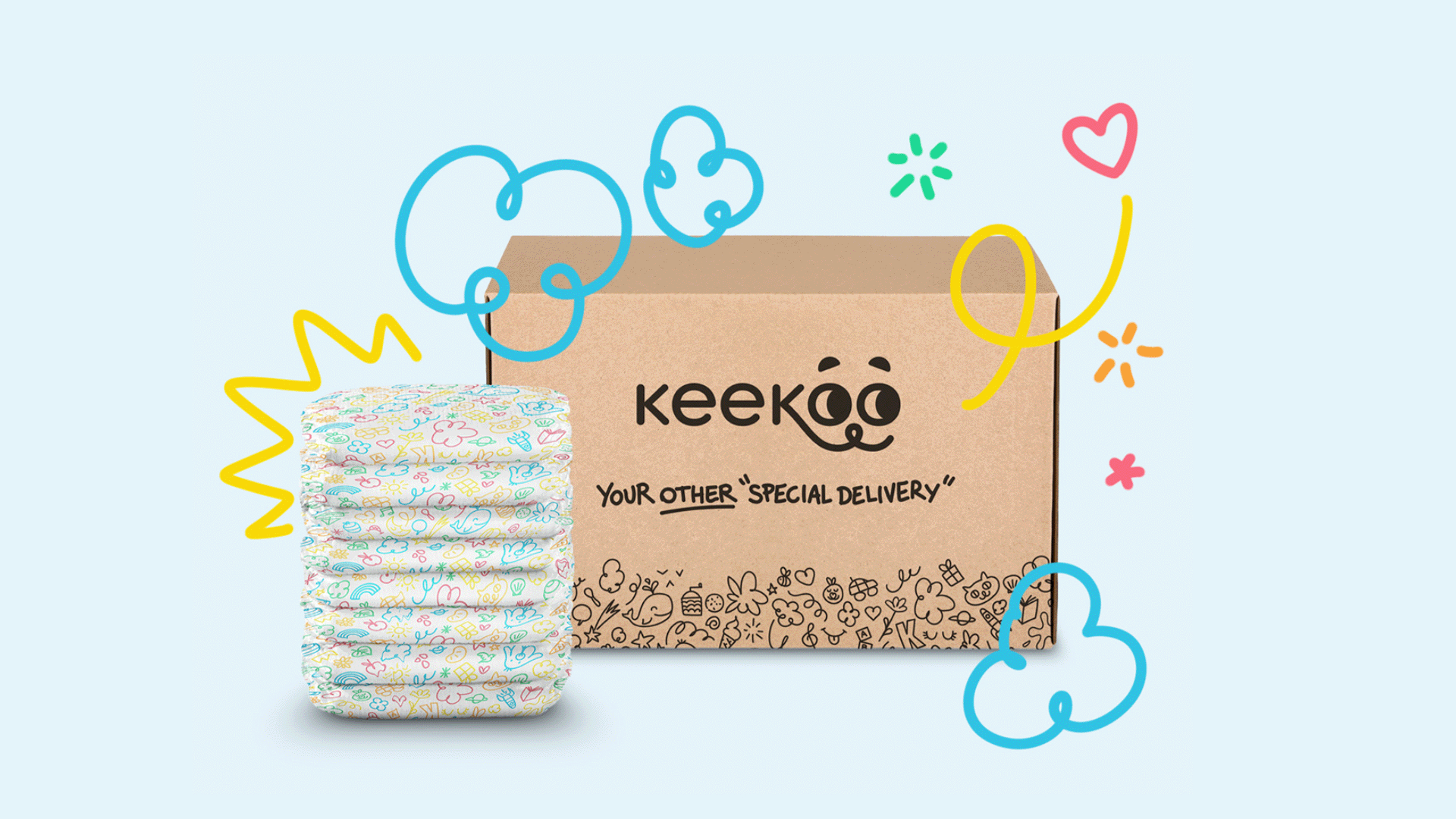










Partager cet article